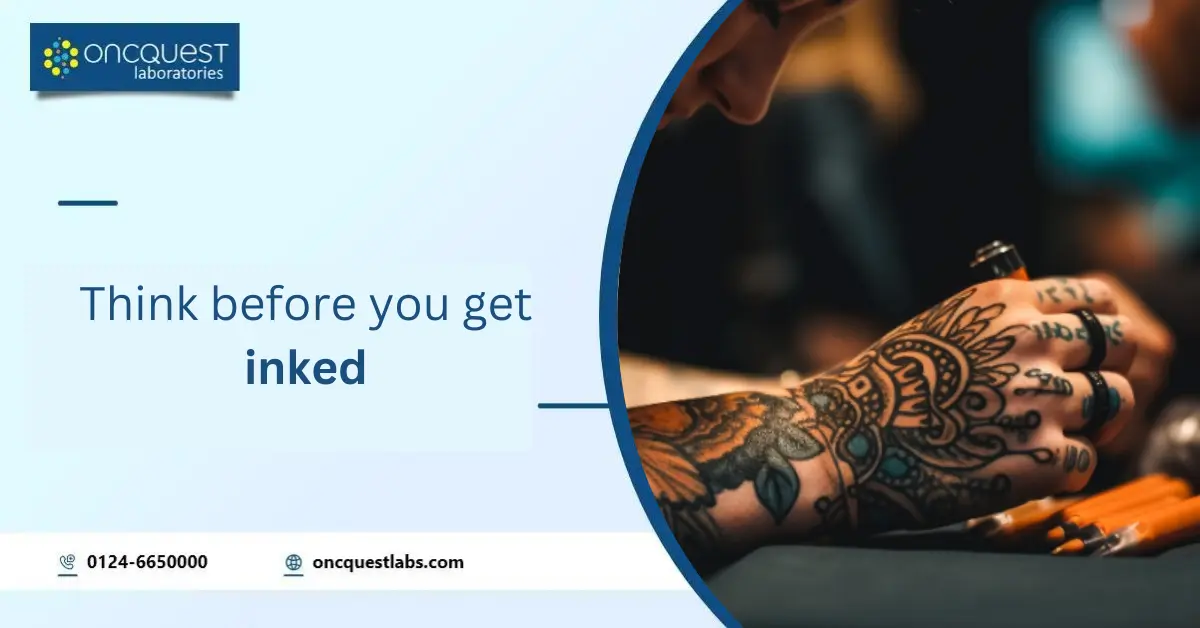Tattooing, a form of body art has been around for thousands of years. Anthropologists believe that it evolved ages ago as cuts in the skin to form scars – a decidedly painful process. That physical suffering depicted a leap in spiritual development and also passed as a tribal symbol of belonging to a certain tribe or religion. The colour, extracted from soot or plants, came much later.
However, with evolving times, this form of body art has been adapted as an art of expression; depicting human feelings, self-expression, religious traditions, sexual motivation or belonging to a community or a group. To some it is about being trendy, while to others it may be a matter of conviction. Be it for fun or as a form of art, not many people are aware of the fact that they are injecting hazardous chemicals into their skin as they get themselves inked!
Tattoos are permanent as ink is injected into the deep layer of the skin. Earlier, natural dyes were used as ink but today many of these ink contain an unknown conglomeration of metallic salts (oxides, sulphides, and selenides) which are harmful and have many ill-effects on your skin. Many of these chemicals were originally intended for use in printer inks and in automobile paints and the same is used on your skin in the form of a tattoo; so it certainly deserves a second thought!
The message here is not to make you say NO to tattooing, but to make you more aware of its pros and cons.
Contents
Risk associated with Tattoo:
- Infection – When same needle is used by multiple persons, it may pass infection, like HIV and hepatitis, from one person to another
- Allergies – Getting a Tattoo makes one prone to many skin allergies and also causes itching and rashes
- Scarring – Unwanted scars while getting or removing a tattoo
- Granulomas – The human body may treat some particles of tattoo pigment as foreign material in your skin and may result in small knots or bumps
- MRI complications – In certain cases, while undergoing MRI scans there might be swelling or burning in the Tattoo
Moreover, the long-term effects of using a Tattoo ink is still unknown, as there has been no research on the safety of tattooing by any government regulatory agency.
You can lower your risk by taking a few simple precautions:
- Get your Tattoo done at a licensed store where health and safety rules are followed
- Watch out for used needles and ask the tattoo artist to use new needle each time
- Ensure disposable gloves is used and proper hand hygiene is followed before and after getting a tattoo.
- Equipment must be properly cleaned and sterilized
- Cover your fresh Tattoo with sterile gauze or a bandage
Before getting a Tattoo, get yourself mentally prepared for it. Don’t pressurize yourself to get tattooed just for the sake of fashion or emotional expressions. Do your research, take precautions and proper safety measures before you decide to get inked!





